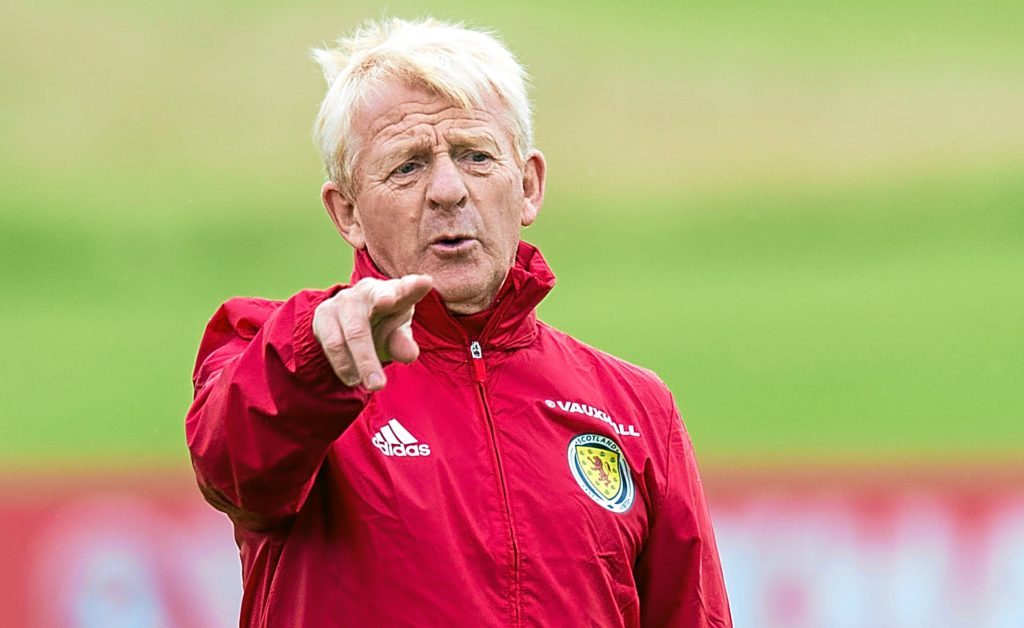Gordon Strachan’s dilemma is a common one suffered by men who were magnificent footballers in charge of men who are not.
His observation after our defeat to Italy – during which not a shot on goal was mustered by the Scots – that our players cannot pass the ball well enough is as damning as it is accurate.
However, another observation from many supporters of the national team is that our hopes of qualifying for the next World Cup with Strachan in charge are as slim as a top marathon runner’s waistline.
As Scotland slip further down the Fifa football world rankings to 43rd, an air of gloom seems to have descended on the manager.
Call his mood realism or pessimism, either way it bodes ill for our forthcoming World Cup campaign.
Strachan has identified what every Scottish football fan has long known: that we are as short of top-class footballers as a desert is of water.
This is where it gets tricky for him, though; this is where he has to do what it says on the tin and manage with what he has at his disposal.
We’ve known for 30 years that we are without top-class talent, but we’ve also watched as the Republic of Ireland, Northern Ireland and Wales have qualified for the European championships in France with similar or lesser resources.
Bemoaning the state of our youth football is a pastime all Scots football fans have PhDs in, but the national manager should leave this field of study to others just now.
His task is to select a group of players with the requisite abilities and skills to mould into a unit capable of qualifying for major tournaments.
He has one job, and so far his report card is showing lots of room for improvement.
If the team can’t pass the ball well enough, or if they find the prospect of doing it frightening, as he seems to suggest, then he needs to dip into his managerial bag of tricks and find a solution.
Otherwise we might as well hold a sweepstake among the punters at Hampden as to who picks the team next time out.
International managers are paid for their specialist expertise and the inside knowledge that the fans lack.
It is a brutal business, with career spans shorter than winter days in the Arctic. But as Herman Roth said in the Godfather ‘This is the business we’ve chosen’, and so it goes for national team bosses.
The business is qualification for tournaments, and that is the sole criteria for judgment of whether Gordon Strachan is doing the job he has been hired to do.
Already a dangerous and negative process of thinking has been set in train.
It is a personal decision for any manager to express publicly his views of his player’s shortcomings, but providing some hope and answers to address those shortcomings is surely crucial, both for the players and fans.
Gordon Strachan will start the next World Cup campaign as the Scotland manager, but whether he or the team will go the distance is now a question many fans are beginning to ask.
